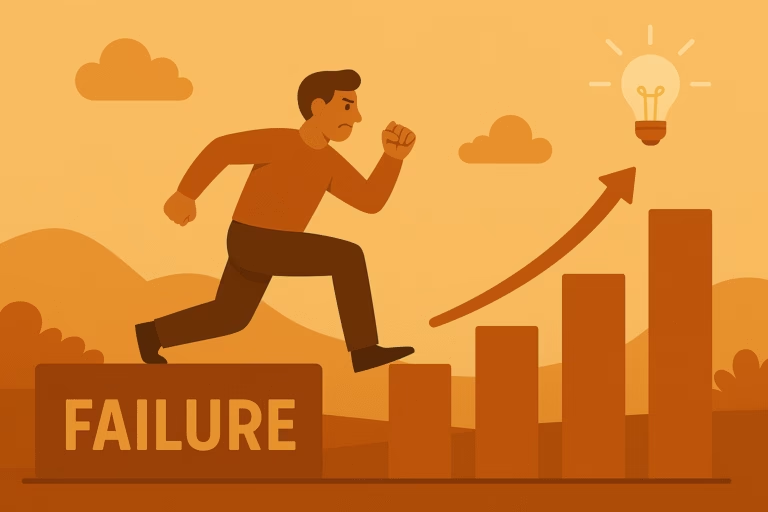"Better Every Day For You" -NeoKalon
Unlocking Potential: Understanding Growth Mindset vs. Fixed Mindset

Introduction to Mindsets
The concepts of growth mindset and fixed mindset, introduced by psychologist Carol Dweck, have gained major attention in education and psychology.
A growth mindset refers to the belief that abilities and intelligence can be developed through dedication, hard work, and perseverance.
Individuals with this mindset view challenges as opportunities to grow, fostering resilience and a passion for lifelong learning.
In contrast, a fixed mindset is based on the idea that abilities are inherent and largely unchangeable.
Those who adopt this perspective may avoid challenges, fear failure, and view effort as useless because they believe their talents are fixed.
Why Understanding Mindsets Matters
Understanding these two mindsets is crucial because they deeply influence how we approach education, career, and relationships.
For instance, students with a growth mindset are more likely to embrace challenges, persist through setbacks, and reach higher levels of success.
Similarly, in the workplace, employees with a growth mindset take initiative, seek feedback, and advance more quickly.
This distinction clearly shows how our beliefs about ability shape our experiences and outcomes.
This blog post will explore the key traits of each mindset, share real-world examples, and offer practical steps to help you cultivate a growth mindset in your daily life.
Key Differences Between Growth Mindset and Fixed Mindset
The idea of growth versus fixed mindset highlights a core difference in how individuals view their potential.
A growth mindset holds that intelligence and talent can develop through effort, learning, and persistence.
Meanwhile, a fixed mindset believes these traits are static and unchangeable.
How Each Mindset Responds to Challenges
People with a growth mindset see challenges as opportunities for learning and growth.
They treat failure as a stepping stone and view effort as necessary for mastery.
In contrast, individuals with a fixed mindset often view challenges as threats to their competence.
As a result, they avoid risks and fear failure, limiting their personal and professional development.
Real-World Examples
In sports, athletes with a growth mindset train harder, learn from mistakes, and actively seek feedback.
For example, a basketball player might review game footage to find areas for improvement.
On the other hand, an athlete with a fixed mindset may avoid feedback, believing mistakes define their abilities.
In education, growth-minded students willingly tackle tough subjects and look for help when needed.
Fixed-minded students, however, often shy away from difficult topics, stalling their progress.
In business, leaders with a growth mindset foster innovation and collaboration.
Those who cling to a fixed mindset, in contrast, may resist change and stifle team creativity.
Recognizing Your Mindset: Are You Fixed or Growth-Oriented?
Identifying your own mindset is the first step toward personal development.
Signs of a Fixed Mindset
A fixed mindset often leads to fear of failure and reluctance to embrace new challenges.
You might notice tendencies such as:
Feeling defensive when receiving feedback
Avoiding tasks that stretch your skills
Feeling threatened by others’ success
Signs of a Growth Mindset
Conversely, those with a growth mindset tend to:
See challenges as opportunities
Accept feedback as valuable
Persevere through obstacles with resilience
How to Reflect on Your Mindset
To better understand your mindset, ask yourself:
Do I avoid tasks that push me outside my comfort zone?
How do I react to constructive criticism?
Do I feel jealous when others succeed, or am I inspired?
Reflecting on these questions can help you recognize where you stand — and where you might grow.
Shifting Towards a Growth Mindset: Practical Steps
Moving from a fixed to a growth mindset requires active practice.
Here are strategies to support your transformation:
Embrace Challenges
Rather than fearing difficult tasks, view them as chances to grow your skills and resilience.
For instance, tackling a demanding project at work can prepare you for future success, even if it feels uncomfortable at first.
Redefine Failure
In a growth mindset, failure is not a reflection of personal worth but a stepping stone to improvement.
Journaling lessons learned from mistakes can help reframe failure as progress.
Actively Seek Feedback
Constructive criticism is a powerful tool for self-improvement.
Seeking feedback from peers, mentors, or supervisors strengthens your ability to adapt and grow.
Stay Consistent
Adopting these strategies takes time and consistent effort.
Over time, embracing challenges, learning from setbacks, and applying feedback will foster a stronger, more resilient mindset.
Final Thoughts
Your mindset shapes your reality.
Choosing to believe in growth rather than limitation changes the way you face challenges, respond to failure, and chase your goals.
By committing to a growth mindset, you open the door to learning, resilience, and lasting success.
Start today. Reflect honestly. Choose to grow — not just for today, but for life.
Recommended Reads & Related Resources
To help you go even deeper on your journey to living without limitations, here are some powerful books and articles we recommend. These resources can expand your mindset, build discipline, and inspire lasting change.
📚 Books to Read:
- Atomic Habits by James Clear – A practical guide on building systems and making small changes that lead to big results.
- The Subtle Art of Not Giving a F*ck by Mark Manson – A brutally honest book on letting go of unimportant things and living life on your own terms.
- Can’t Hurt Me by David Goggins – A powerful story of resilience, mental toughness, and pushing past limits.
- Ego Is the Enemy by Ryan Holiday – Learn how to conquer your inner resistance and lead with humility and strength.
Explore More & Stay Connected
If you found this post helpful or inspiring, make sure to check out our other articles on personal growth, mindset, and building a life of purpose. Every blog is crafted to help you break free from limitations and become the person you’re meant to be.
👉 Browse more blog posts here
👉 Return to the NeoKalon homepage
We update regularly, so don’t miss out on fresh content designed to challenge your mindset and fuel your journey. Your transformation starts here — one step, one thought, one habit at a time.
And of course don’t forget to leave a comment of your opinion and thoughts about this post. And thanks again for reading. Until next time.



